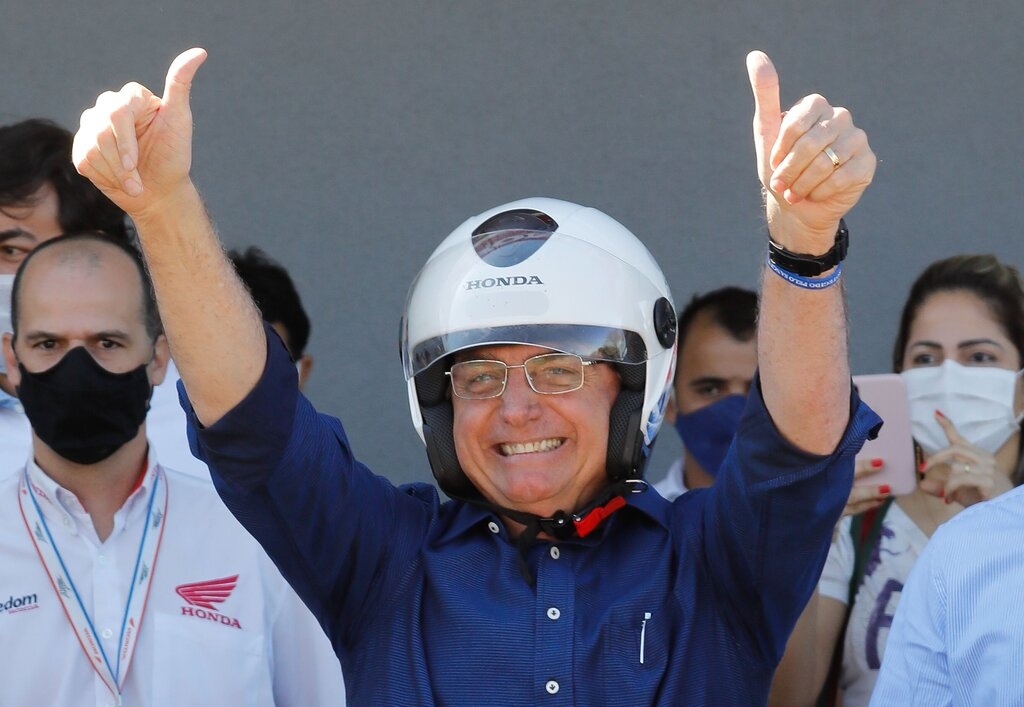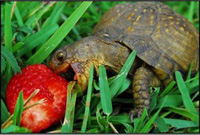
I was too busy cooking and cleaning and caring for my daughter
The New York Times
Aug. 11, 2020
by Vanessa Barbara
Contributing Opinion Op-ed Writer
SÃO PAULO, Brazil — I have a subscription to a monthly magazine called Piauí. In July, I spent so many days without opening the front door that I could only wonder whether the magazine had arrived. When I finally went to check, there was nothing there.
That’s what I wrote to my mother, when she asked about July’s issue — that I opened the door and “there was nothing out there.” She misunderstood and reacted with pity. “Oh dear, there is a world out there,” she replied. “Isolation is really taking a toll on you.”
That wasn’t exactly what I meant, but it turns out to be truer than I’d like. Many Brazilian families, like mine, are trapped in a ruthless quarantine with no end in sight. With schools closed, parents need to take care of children (in my case, a 2-year-old) while working from home, cooking, cleaning and staying reasonably sane.
It’s often so heavy a burden that I get the impression that the world outside doesn’t exist anymore. Life has shrunk to a daily round of cooking rice, refilling the clay filter, changing diapers, cutting tiny toenails, picking toys up off the floor. It’s almost as if I’ve become a 1950s housewife.
While some people have decided to limit news consumption during quarantine, others have been forcibly cut off from the rest of the world. Today, five months into quarantine, I can read the news only after my daughter has gone to sleep. So it wasn’t until the evening of July 7 — half a day after his diagnosis — that I learned our president had the coronavirus.
It didn’t come as a surprise, given that President Jair Bolsonaro has publicly defied social-distancing rules since the beginning of the pandemic. He has attended several rallies in support of himself and against lockdown measures, and has repeatedly gathered small crowds in bakeries and drugstores whenever he’s gone on an errand. His blatant disregard of the pandemic eventually brought results: He managed both to get infected and to plunge the country into catastrophe.
Brazil is now the second-worst-affected country behind the United States, with three million cases and over 100,000 deaths. (The true figures are likely to be higher, because our testing system is far from excellent.) Since early June, we’ve been consistently reporting the world’s highest number of daily Covid-19 deaths, hovering around 1,000. In five months, we haven’t seen a downward trend in Covid-19 deaths.
“Brazil is still very much in the middle of this fight,” the World Health Organization’s top emergency expert said on July 17. We don’t need to worry about a second wave, after all: We’re still stuck in the first one, a relentless flood that drowns a thousand people each day.
Throughout, Mr. Bolsonaro has been indifferent, even hostile, to people’s suffering. When a reporter confronted the president with the country’s staggering death toll months ago, he responded: “So what? I’m sorry. What do you want me to do?”
So it felt appropriate that he’d experience what so many have endured under his watch: a brush with the virus. Even so, the reaction among Brazilians was mixed. Some wished the president strength; others did the same for the virus. But it seemed most of us, in chronically despondent moods, were indifferent to the news. For nearly three weeks, Mr. Bolsonaro was quarantined in the presidential residence — a pretty dismal form of comeuppance, I felt, that left him still in power.
It’s not as if the president’s absence mattered much: Around the country, the number of cases and deaths continued to mount. Mr. Bolsonaro never even apologized for not wearing a mask or ignoring social-distancing measures in the days before he became symptomatic — acting as a major vector of transmission. He couldn’t care less. During his quarantine, he appeared in a photo offering hydroxychloroquine to an emu in his garden, as if everything was a joke.
On July 25, in the fourth test since he was infected, Mr. Bolsonaro tested negative. “I didn’t feel anything from the beginning,” he bragged to his supporters. He credited his recovery to the use of hydroxychloroquine, though scientists have found no evidence the drug works on Covid-19 patients. Days later, he felt weak and started taking antibiotics for a lung infection. Right now, he’s apparently fine. And that’s that. The experience hasn’t taught him anything or brought any consequences.
I missed all this. I was too busy cooking and cleaning and caring for my daughter. July was a big month for her: She peed for the first time on the potty and finally switched from bottle to cup. There were other developments to keep me occupied. My husband and I finally installed blackout curtains in the bedrooms to keep the cold air out (yes, it’s winter here, on top of everything) and took down Christmas lights from our balcony (no kidding). When I finally opened the door to pick up the magazine, my daughter tried to flee.
It’s hard to focus on the world outside. Instead, as days turn to months and exhaustion becomes the new normal, we cling to the promise of a vaccine. At least there’s a bright side to being so busy with unending chores and having the door always shut: We don’t have time to mourn anything. We just keep on going.
Vanessa Barbara is the editor of the literary website A Hortaliça, the author of two novels and two nonfiction books in Portuguese, and a contributing opinion writer.

